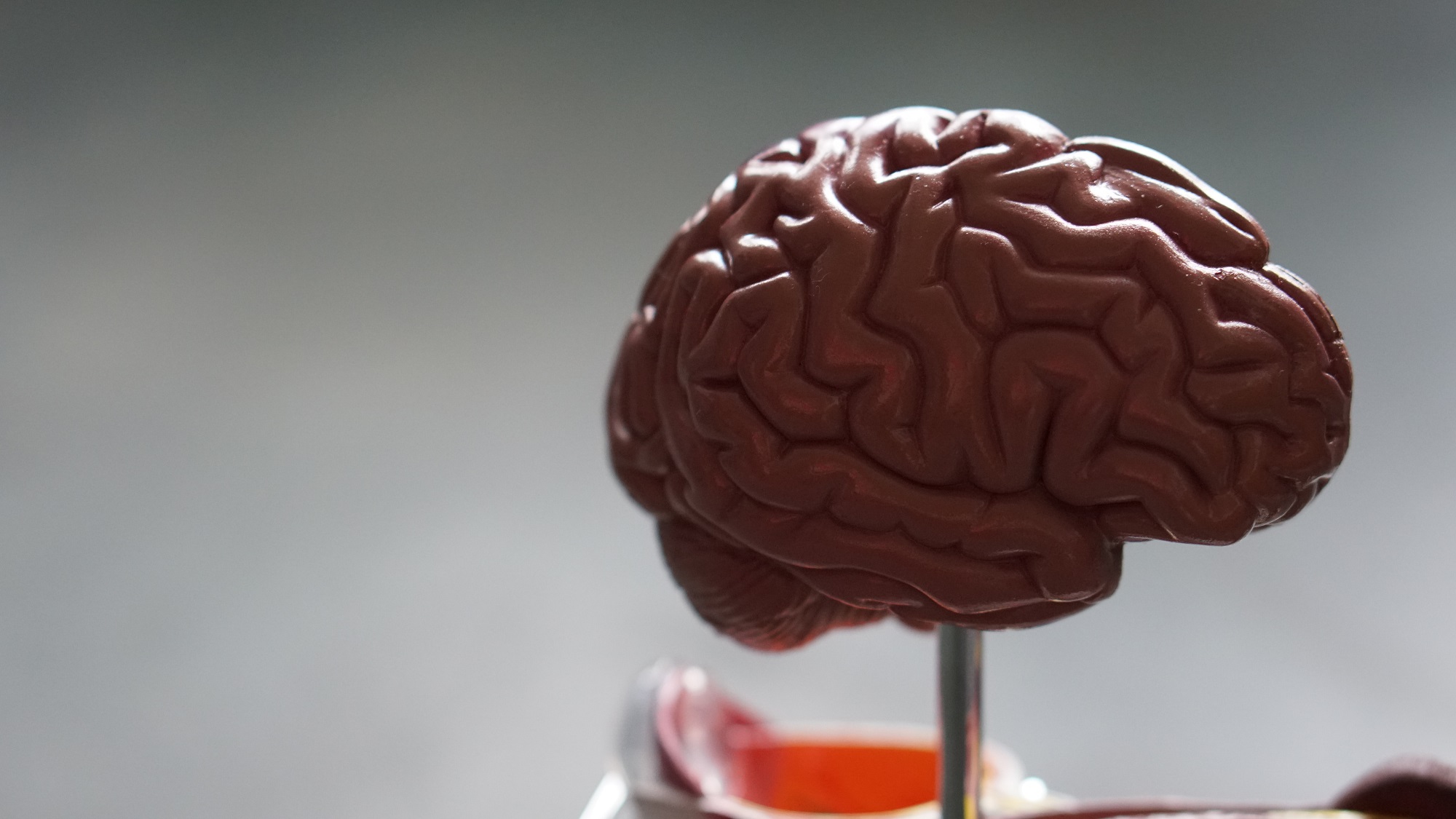According to a new study, psychiatric conditions, like depression and anxiety, could be more common in children, adults, and elderly adults with kidney disease than previously known. The findings appeared online in CJASN.
The determination was made upon examining inpatient claims of children and adults in the U.S. with a psychiatric diagnosis who underwent treatment for end-stage kidney disease (ESKD) between 1996 to 2013. “We examined hospitalizations with psychiatric diagnoses using inpatient claims from the first year of ESKD in adult and pediatric Medicare recipients who initiated treatment from 1996 to 2013,” the study reads.
“We assessed associations between hospitalizations with psychiatric diagnoses and all-cause death after discharge in adult dialysis patients using multivariable-adjusted Cox proportional hazards regression models.”
In the data, spanning from 1996 to 2013, researchers uncovered that during the first year of kidney failure, nearly 27 percent of adults, aged 22 to 64, 21 percent of elderly adults, over the age of 64, and 16 percent of children, received treatment for a psychiatric diagnosis. Affective disorders, like clinical depression, were most common in children and adults, while dementia-like disorders were observed in elderly adults.
Over the years, among patients with kidney failure and psychiatric diagnoses, the prevalence of hospitalizations raised considerably across all age groups. For instance, among children, hospitalizations with psychiatric diagnoses increased from 9 to 26 percent; 19 to 40 percent for adults; and 17 to 39 percent for elderly adults, based on the findings.
“Clinicians need to be aware of these findings and be prepared to address the needs of their patients,” said Paul Kimmel, M.D., lead researcher of the study.
“This is also an important study because it assessed the prevalence and some implications of psychiatric illness in the pediatric kidney failure population in a large comprehensive registry – something that has not been evaluated before.”


